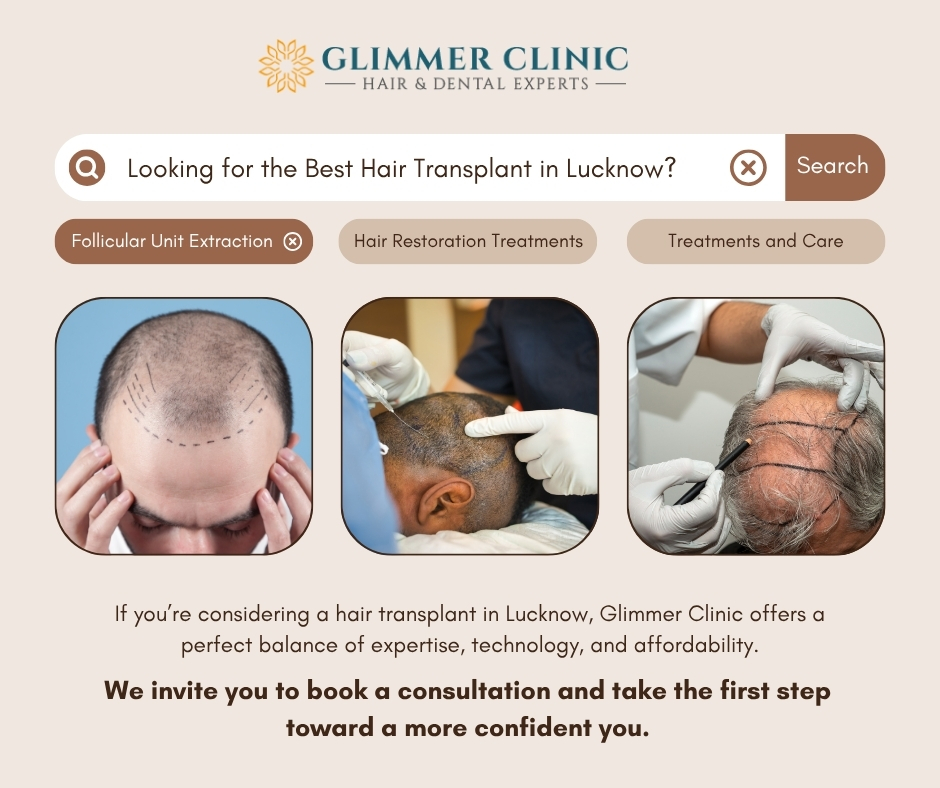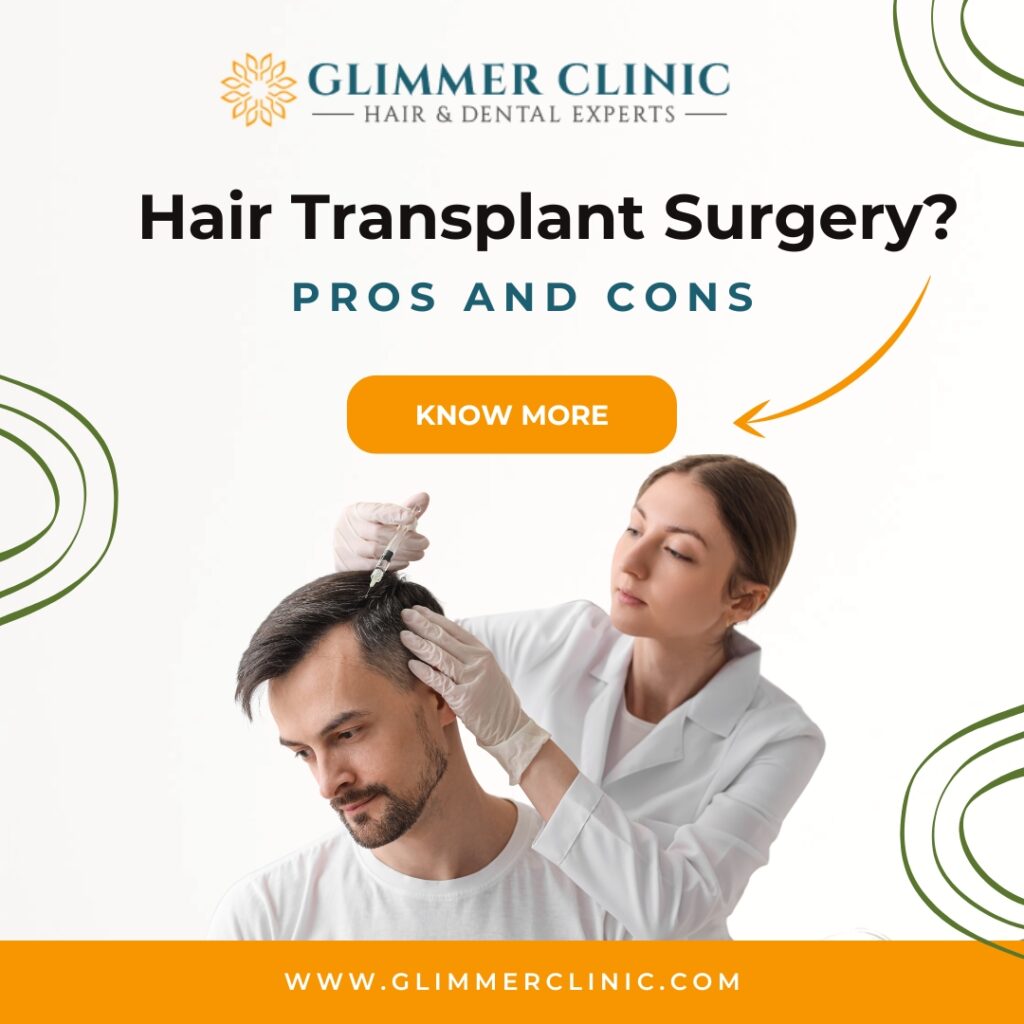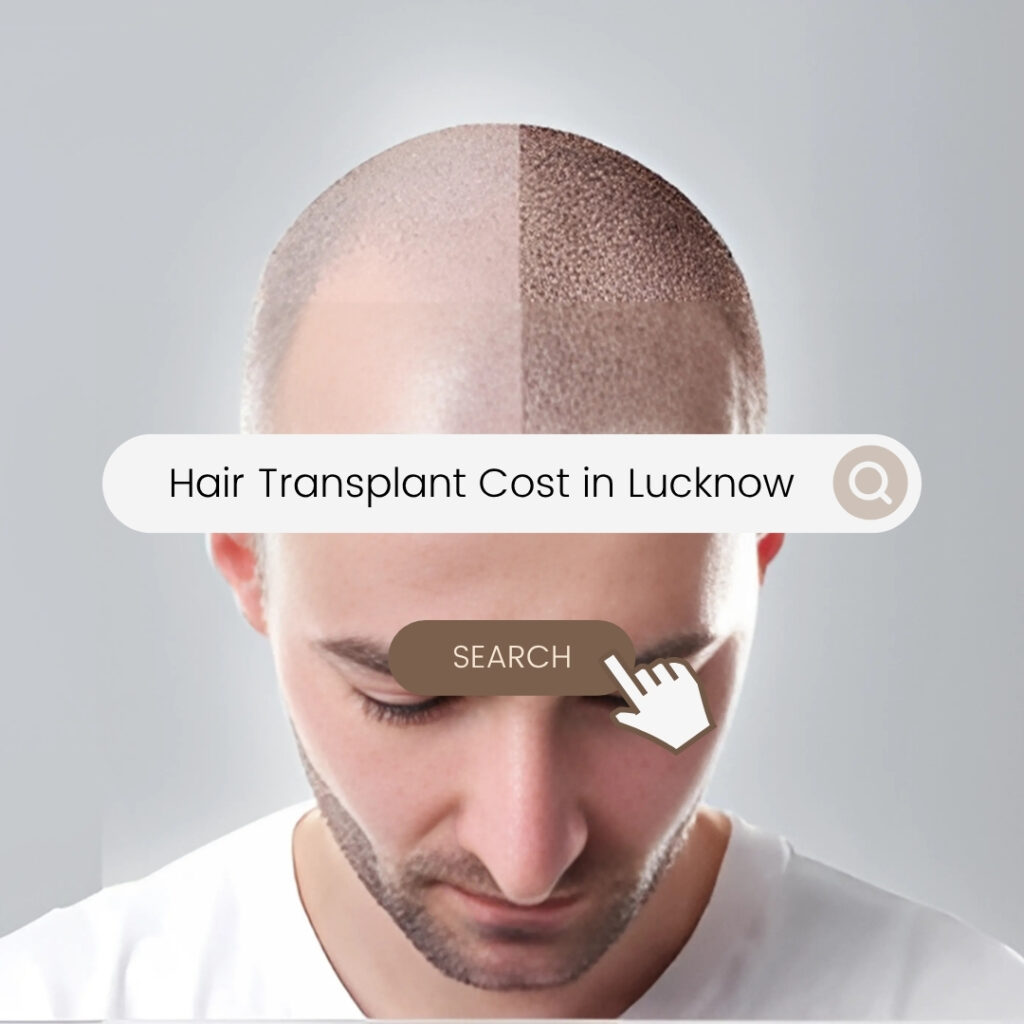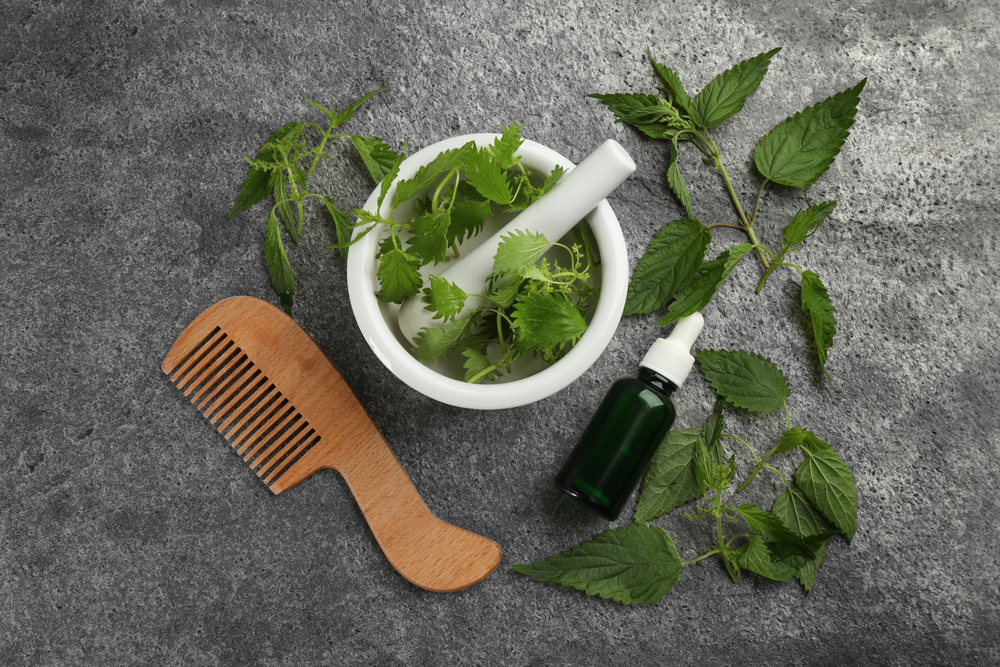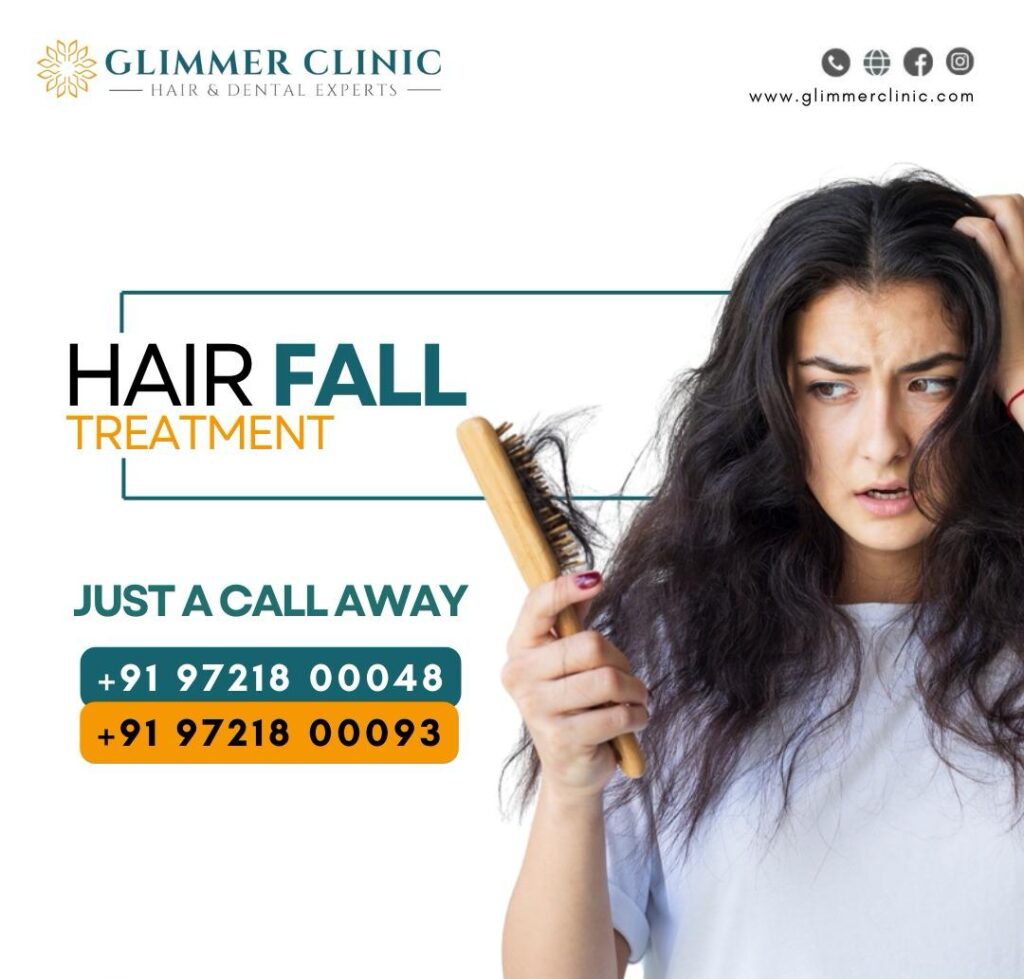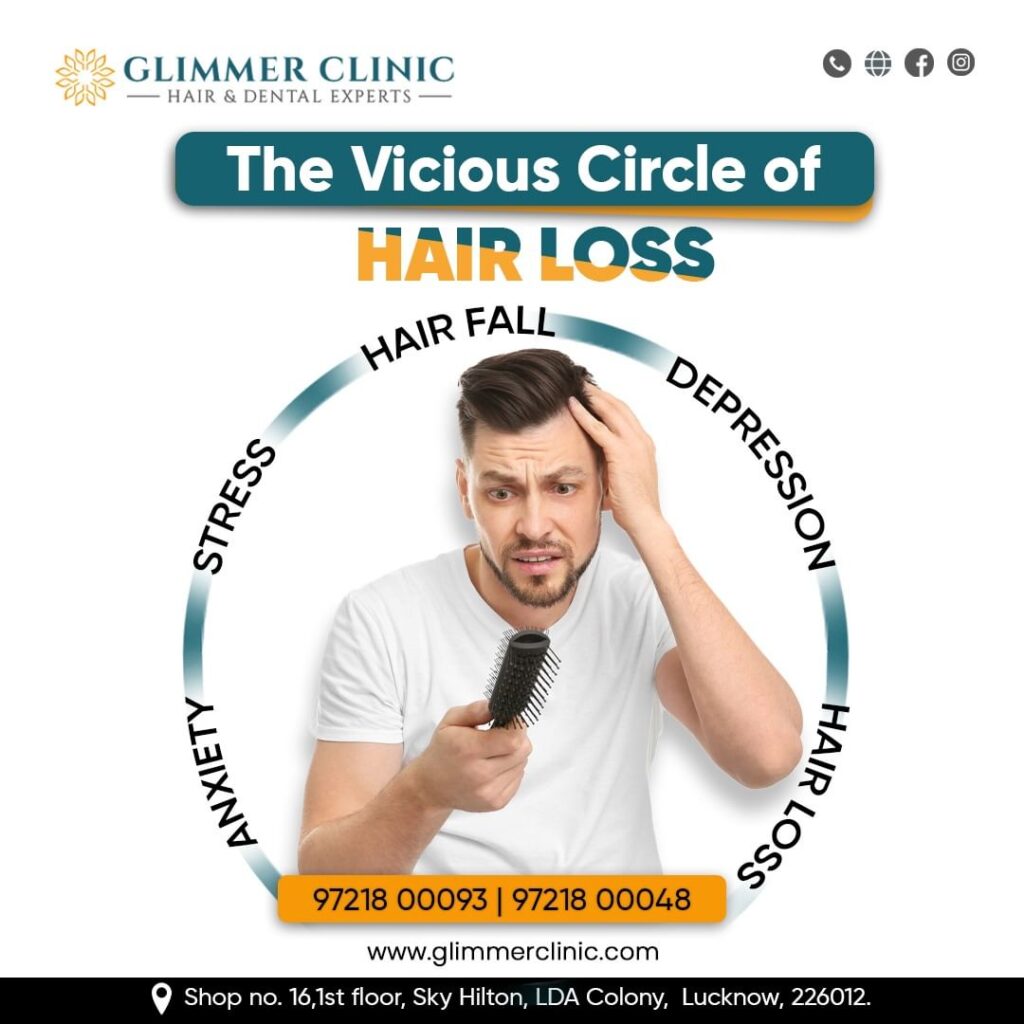Looking for the Best Hair Transplant in Lucknow? Here’s What You Need to Know
Looking for the Best Hair Transplant in Lucknow? Here’s What You Need to Know Hair loss can be a distressing experience, affecting not just your appearance but your confidence and self-esteem as well. If you’re in Lucknow and facing hair thinning, a receding hairline, or bald patches, you’re far from alone. Thousands of men and women in the city are dealing with similar issues every day. But the good news? You don’t have to live with it anymore. Thanks to major advances in hair restoration technology, reclaiming a fuller, natural-looking head of hair is more achievable—and more affordable—than ever before. At Glimmer Clinic, we don’t just bring back your hair. We help you rediscover your confidence. Why Hair Transplant in Lucknow is Gaining Popularity Lucknow has become a hub for hair transplants, not just for locals but also for people from neighboring cities and states. The combination of skilled professionals, cutting-edge technology, and cost-effective treatment options makes it an ideal destination. At Glimmer Clinic, we take pride in being one of the leading hair transplant centres in Lucknow. Our modern facility, personalized approach, and advanced techniques have helped thousands of individuals regain not just their hair—but their sense of self. What Makes Glimmer Clinic Different? When it comes to something as personal and visible as hair restoration, choosing the right clinic is everything. Here’s why so many people trust Glimmer Clinic: A Closer Look at Our Hair Transplant Techniques At Glimmer Clinic, we offer a wide range of advanced hair restoration treatments, each designed to cater to specific needs and conditions. Let’s break down the most popular options: 1. AFUE (Advanced Follicular Unit Extraction / Bio-FUE) This cutting-edge method combines FUE with platelet-rich plasma (PRP) to boost graft survival and hair growth. Hair follicles are individually harvested and enriched with PRP before being implanted. It’s less invasive, has a faster recovery time, and delivers excellent results—making it one of our most requested procedures. 2. Real-Time Non-Touch FUE Developed for those seeking maximum efficiency and natural outcomes, this technique involves simultaneous extraction and implantation of grafts. This means the grafts spend less time outside the body, leading to higher survival rates and better overall results. Plus, it eliminates the need for chemical storage solutions and significantly cuts down procedure time. Why People Choose Glimmer Clinic in Lucknow We don’t just restore hair—we restore lives. Clients choose us because we combine experience, innovation, and empathy. Our team ensures that every person walking through our doors feels heard, supported, and empowered throughout their journey. Here’s what sets us apart: Final Thoughts Hair loss is a common issue, but with the right help, it doesn’t have to be permanent. If you’re considering a hair transplant in Lucknow, Glimmer Clinic offers a perfect balance of expertise, technology, and affordability. We invite you to book a consultation and take the first step toward a more confident you. Because when you look good, you feel even better.
Looking for the Best Hair Transplant in Lucknow? Here’s What You Need to Know Read More »

